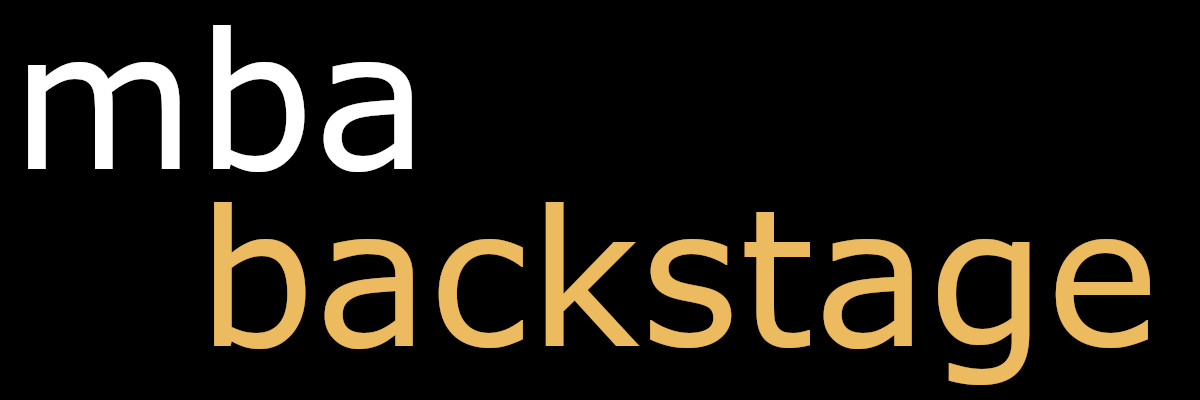Why many people you speak to will be biased about MBAs

A diploma that often polarizes opinions
An MBA is a $100k+, career and life defining decision. With such high stakes, it’s no surprise that many people have an incentive to promote or discredit the diploma.
For a start, current students and alumni can be biased towards promoting an MBA. It’s natural. If someone commits $100k+ to an MBA, spends months talking to their friends and colleagues about this exciting new stage in their life, but after the initial honeymoon period slowly starts to see some of the drawbacks of their decision, would they then divulge their new mixed views or would they continue to paint a completely positive picture? Probably more the latter.
Unfortunately the closer a person is to you, the more likely personal pride can impact their advice. That’s why we strongly recommend talking to people with whom you have no connection during your research. And no, graduates or students introduced to you by a school do not count as independent given that they will rarely badmouth the diploma or school!
There are of course plenty of graduates out there who are genuinely happy with their decision, but it is important to keep in mind that the good reasons for them doing an MBA may not necessarily apply to you.
The same should be said for those who didn’t do an MBA. They may have completely valid reasons, but make sure that those reasons apply to you. If they work in an environment that does not have MBAs, they may not appreciate it’s value. If they do work in an environment that has MBAs, they may be competing with them for promotions and pride may affect their judgment. Of course this is not the case for everyone, but you get our point.
Always try to understand the deeper reasons for people promoting / criticizing MBAs and check whether they apply to you.
Finally, schools are naturally going to be biased towards doing an MBA. It’s true that most of them would typically fill their intakes even if their number of applicants dropped significantly, but a higher number of applications will eventually increase their own KPIs (average intake GMAT, % of job founds 3 months after graduation etc.) and in the long-run allow them to increase course prices.
We’re not saying that schools mislead candidates. A school often has no problem in telling a low-potential candidate that an MBA is not for them. However they may be a bit more biased towards encouraging good candidates to apply, especially if they are not fully sure on which career path they want to take. Admissions teams (and school career teams), despite being generally very competent people cannot be expert in every single career path and don’t always know whether an MBA is really the right thing for you to do. Your application essays will provide them a general feeling of whether an MBA makes sense for you or not, but only you can be the expert of your own career path.
How to read between the lines and check whether some advice applies to you
When you speak to people in your research, think carefully about how you phrase your questions. You need to be able to filter out any personal opinion or bias the other person may have, and keep what applies to you.
For those who may be biased towards being overly positive on an MBA, make sure some of your questions probe their negative views too:
- If you were to change one thing with your MBA experience, what would it be?
- Can you give me an example of someone you know who realized afterwards they should not have done an MBA, and why?
- For my profile and ambitions, what other options (other than an MBA) would you recommend me to consider?
It is also important to try to assess what kind of personality traits the person has, and whether you share some of them, this will help you assess which of their personal views are relevant to you. This is not something you can ask directly, but you may be able to infer some of them from the questions you ask.
Also try to speak to graduates who are more advanced in their career (e.g. 5-10 years post graduation) and ask them which positions or steps they the found the MBA most valuable and why.
Read on
This post is part of a series of articles to help you decide on whether you should do an MBA. Take a look at our other posts on the topic:

0 Comments